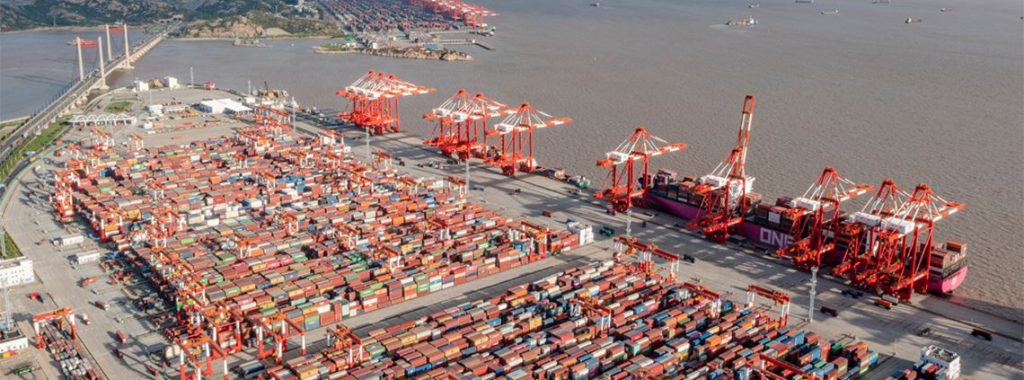Why the pandemic increased global supply chains’ dependency on Asia

The pandemic led to much talk of reshoring supply chains but global flows of trade actually increased during 2020 and 2021, with Asia-Pacific dominating mineral exports, according to a report .
The report, by McKinsey Global Institute (MGI), said flows of trade, intangibles and capital data reached all-time highs during the pandemic, and Asian supply chains made up for the drop in output of western supply chains in 2020.
With supply chain interdependence making it unfeasible for many companies to diversify sources of supply, the report advised organisations to develop privileged supplier relationships and build strategic inventories.
It also called on them to strengthen resilience by ensuring transparency in supply chains and scenario planning.
Demand for goods hit all-time highs as consumer spending moved from services to goods, and growth in demand is still likely to outstrip GDP growth, said the report.
However, the report cautioned that reshoring supply chains would likely be costly and time-consuming and unlikely to happen in the short term.
This is likely to leave Asia-Pacific’s role as the leading global manufacturing exporter and largest supplier of electronics unchallenged. China, for example, supplies more than 60% of concentrated products in the electronics and textiles sectors.
This research defines concentrated products as those where up to three countries account for almost all supply.
Asia–Pacific is also a disproportionately important supplier of minerals such as lithium, rare earths, and graphite.
However, Asia in turn imports more than 25% of its energy resource needs, as well as critical intermediate goods. China also imports more than 25% of its mineral needs.
“For some products, diversification of sources of origins may be possible, although it may involve substantial upfront investment, time and, in some cases, higher operating costs,” said the study.
“For many concentrated products, however, current availability will constrain supply in the short to medium term, suggesting that pronounced interdependencies are likely to continue to be a feature of the global economy in the foreseeable future.”
The report said the continuing importance of global flows is likely to be of special benefit to multinationals.
“In other cases, developing capabilities to redesign products to substitute required inputs may be the best protection against exposure to risk from disruption.”
The study cited how electric vehicle manufacturers are shifting away from batteries based on cobalt and instead vertically integrating some sources of minerals.

